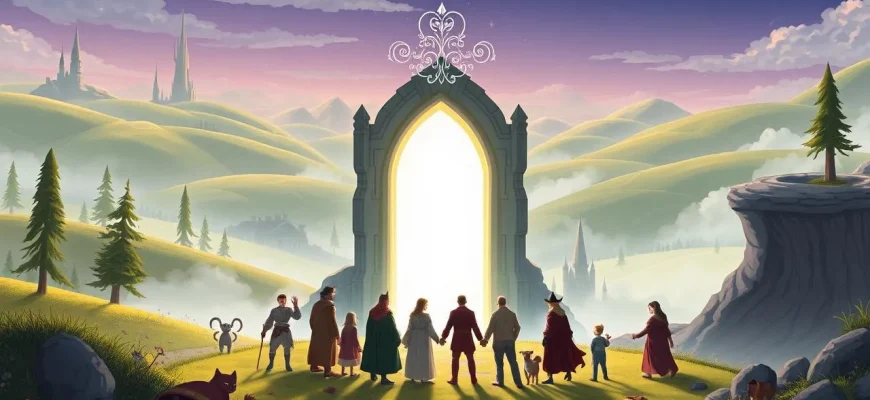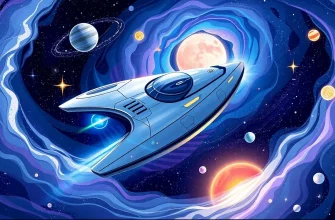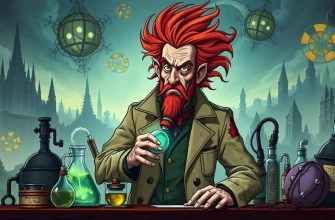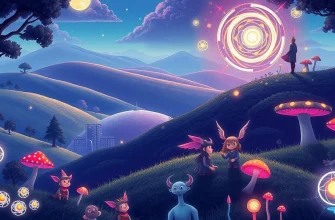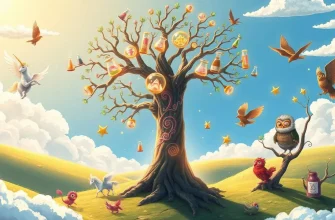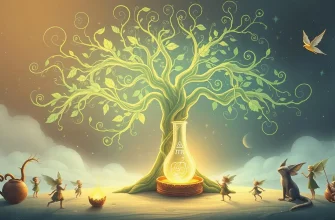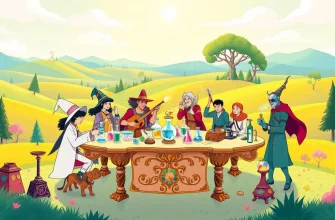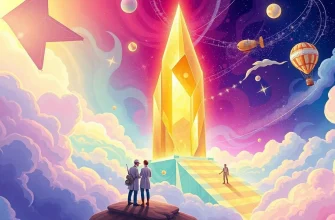Fancy a bit of magic and mystery in your movie nights? This curated list of fantasy films isn't just about dragons and wizards; it's about exploring the 'what ifs' of our world through a fantastical lens. Each film in this collection takes a hypothesis, whether it's about alternate realities, time travel, or the very fabric of existence, and spins it into a tale that's as thought-provoking as it is enchanting. Whether you're a fan of mind-bending plots or just looking for a good escape, these films offer a rich tapestry of imagination and wonder.
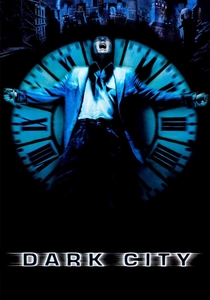
Dark City (1998)
Description: This film hypothesizes a world where memories are manipulated by an alien race to control human behavior, exploring themes of identity and reality.
Fact: The film's director, Alex Proyas, was inspired by German Expressionism, particularly films like "Metropolis." The city was entirely constructed on a soundstage.
 Watch Now
Watch Now

The Matrix (1999)
Description: What if our reality was actually a computer simulation? This film explores the hypothesis of simulated reality, where humans are unknowingly trapped in a virtual world controlled by sentient machines.
Fact: The film's iconic 'bullet time' effect was achieved using a custom-built rig with 122 cameras. The Wachowskis wrote the script after reading "Simulacra and Simulation" by Jean Baudrillard.
 Watch Now
Watch Now
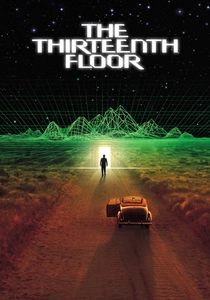
The Thirteenth Floor (1999)
Description: What if our world was just a simulation within a simulation? This film explores the hypothesis of nested virtual realities, where characters navigate through layers of simulated worlds.
Fact: The film was released in the same year as "The Matrix" and shares similar themes. It's based on the novel "Simulacron-3" by Daniel F. Galouye.
 Watch Now
Watch Now
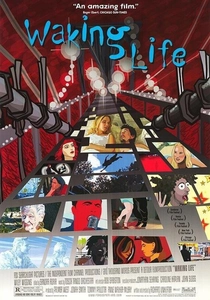
Waking Life (2001)
Description: This film explores the hypothesis of lucid dreaming, where a man navigates through a series of philosophical discussions and surreal experiences, questioning the nature of reality.
Fact: The entire film was rotoscoped, with live-action footage being painted over frame by frame to create a dreamlike effect. It features numerous real-life philosophers discussing their ideas.
 Watch Now
Watch Now
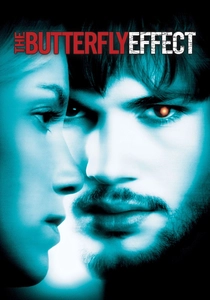
The Butterfly Effect (2004)
Description: This film examines the hypothesis of the butterfly effect, where small changes in the past can drastically alter the future, as a man discovers he can travel back in time through his childhood journals.
Fact: The film had multiple endings, with the director's cut being the darkest. The title refers to the chaos theory concept where a butterfly flapping its wings can cause a tornado.
 Watch Now
Watch Now

Inception (2010)
Description: Imagine if you could enter someone's dreams to plant an idea. This film delves into the hypothesis of dream manipulation, exploring the layers of the subconscious and the power of inception.
Fact: The film's dream worlds were inspired by Christopher Nolan's own experiences with lucid dreaming. The spinning top, a key symbol in the film, was actually Nolan's own personal totem.
 Watch Now
Watch Now

The Adjustment Bureau (2011)
Description: What if our lives were orchestrated by a higher power? This film explores the hypothesis of fate versus free will, where a man discovers a mysterious group controlling human destiny.
Fact: The film is loosely based on Philip K. Dick's short story "Adjustment Team." The hat trick used by the agents to open portals was inspired by the magic of the 1930s.
 Watch Now
Watch Now
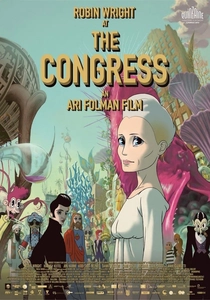
The Congress (2013)
Description: What if actors could sell their digital likenesses for use in films? This film hypothesizes a future where actors are scanned and their digital avatars are used, exploring themes of identity and reality.
Fact: The film is based on the novel "The Futurological Congress" by Stanislaw Lem. It combines live-action with animation, creating a surreal visual experience.
 Watch Now
Watch Now
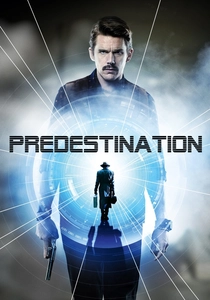
Predestination (2014)
Description: Based on a Robert A. Heinlein story, this film explores the hypothesis of time travel and predestination, where a time-traveling agent tries to prevent a crime that hasn't happened yet.
Fact: The film features a complex time loop narrative, with the main character essentially being their own parent. The film's title refers to the philosophical concept of predestination.
 Watch Now
Watch Now
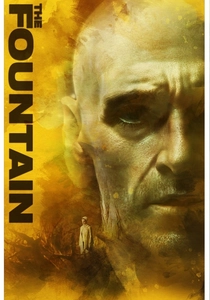
The Fountain (2006)
Description: This film weaves together three stories across time, exploring the hypothesis of eternal life and the quest for immortality, blending science fiction with spiritual themes.
Fact: Darren Aronofsky wrote the script in his early twenties, and it took him over a decade to bring it to the screen. The film's tree of life was inspired by Mayan culture.
 30 Days Free
30 Days Free

